Working in Crises and Conflict
In 2011, droughts, floods, hurricanes and other natural disasters affected nearly 206 million people. Today, nearly 80 million people worldwide are in need of emergency food aid. And authoritarian leaders still govern nearly 50 countries, while the same number of countries are affected by conflict or potential instability.
Poverty and conflict are inextricably linked to authoritarianism and poor governance, with the consequences for citizens only worsening during times of crisis or disasters.
In the summer of 2011, the worst drought in 60 years hit the Horn of Africa, placing more than 13.3 million people at risk of malnutrition and starvation. In Somalia, where decades of conflict wore down the country’s ability to cope, the drought led to famine.
Just as we have in the Horn of Africa, we remain committed to responding quickly and effectively to crises, even as we work to help prevent them in the first place.
With a focus on crisis prevention, response, recovery and transition, we are working to:
- Strengthening resilience by helping states and communities prepare for and mitigate the impacts of disasters to help people withstand crises rather than have to seek emergency assistance;
- Providing life-saving humanitarian assistance to save lives and alleviate suffering;
- Accelerating a rapid and durable recovery by supporting livelihoods, markets and the sustainable provision of basic services;
- Addressing underlying grievances that cause instability and conflict to wind down tensions before they ignite; and
- Promoting peaceful political transitions by strengthening civil society and respect for human rights, facilitating reconciliation, supporting effective democratic governance and fostering the resumption of basic economic activity.
Providing humanitarian assistance in times of need is the fundamental reflection of our core American values.
Over the last year, we have:
- Provided emergency assistance to tens of millions of people in 54 countries in response to 67 disasters.
- Provided 1.65 million tons of food assistance to 66 million people in 54 countries.
- Helped prevent conflict and mitigate the impact of unanticipated complex crises with targeted programs in five countries.

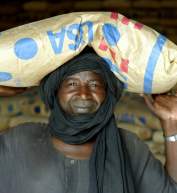

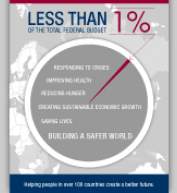
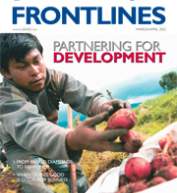
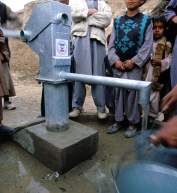

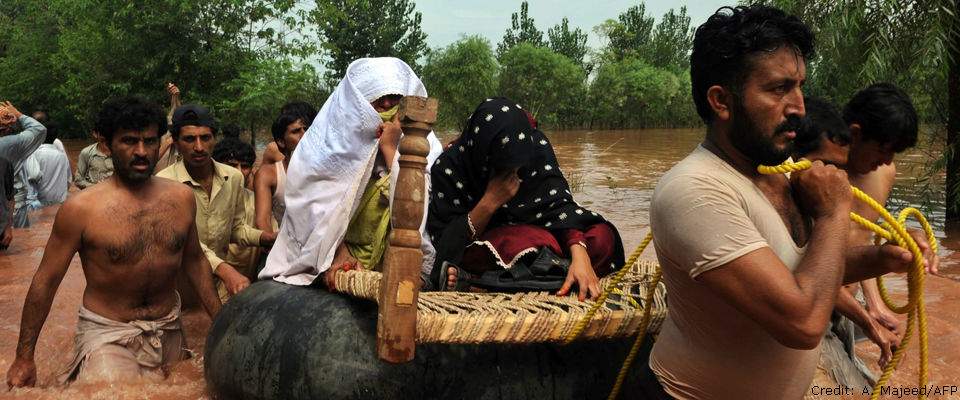
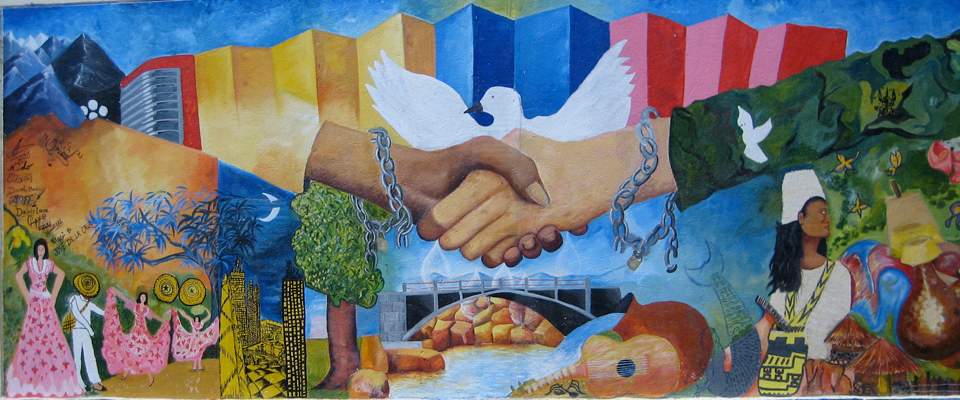
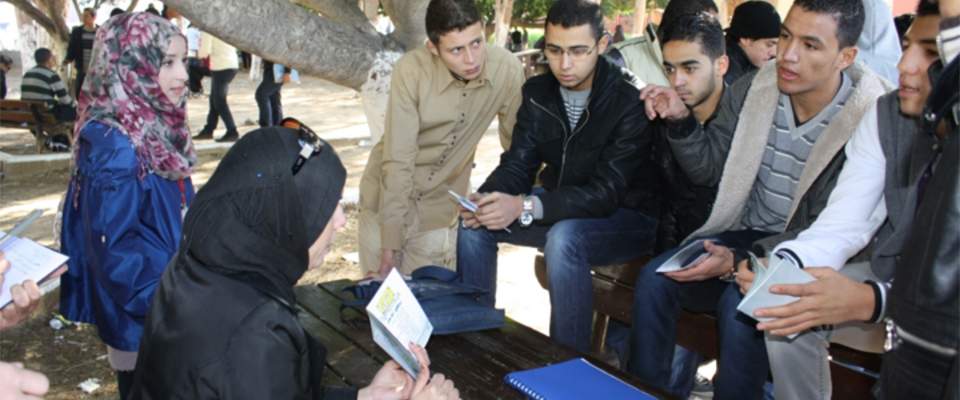
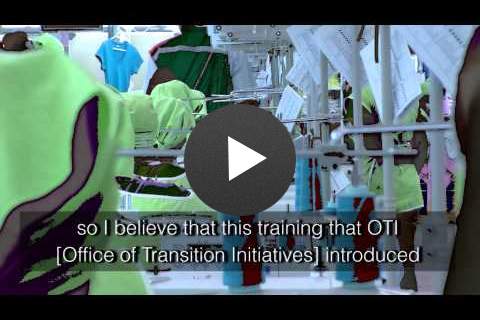
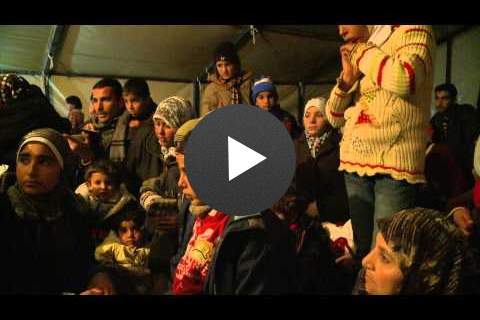



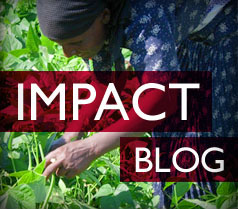
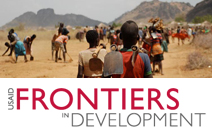
Comment
Make a general inquiry or suggest an improvement.